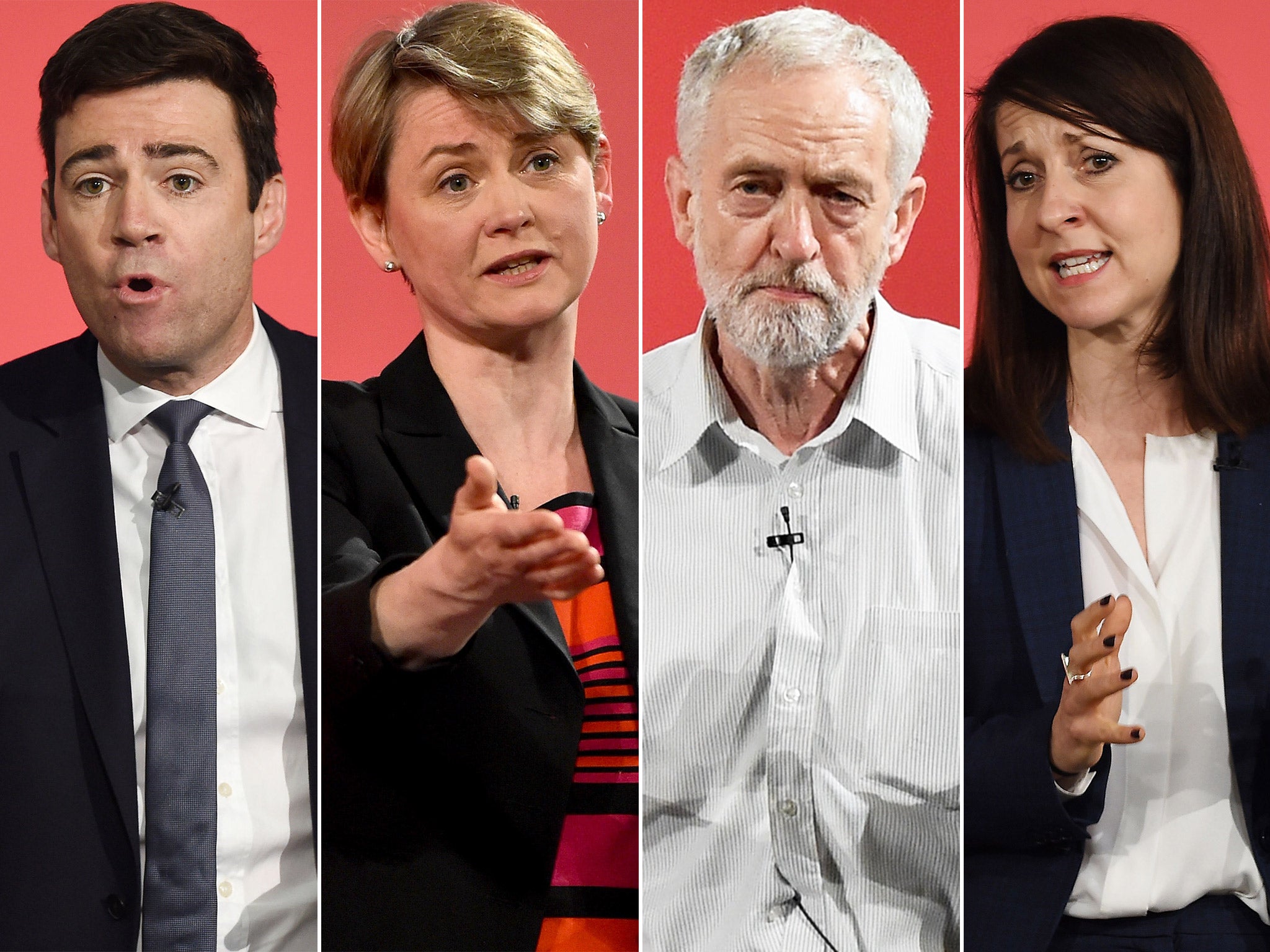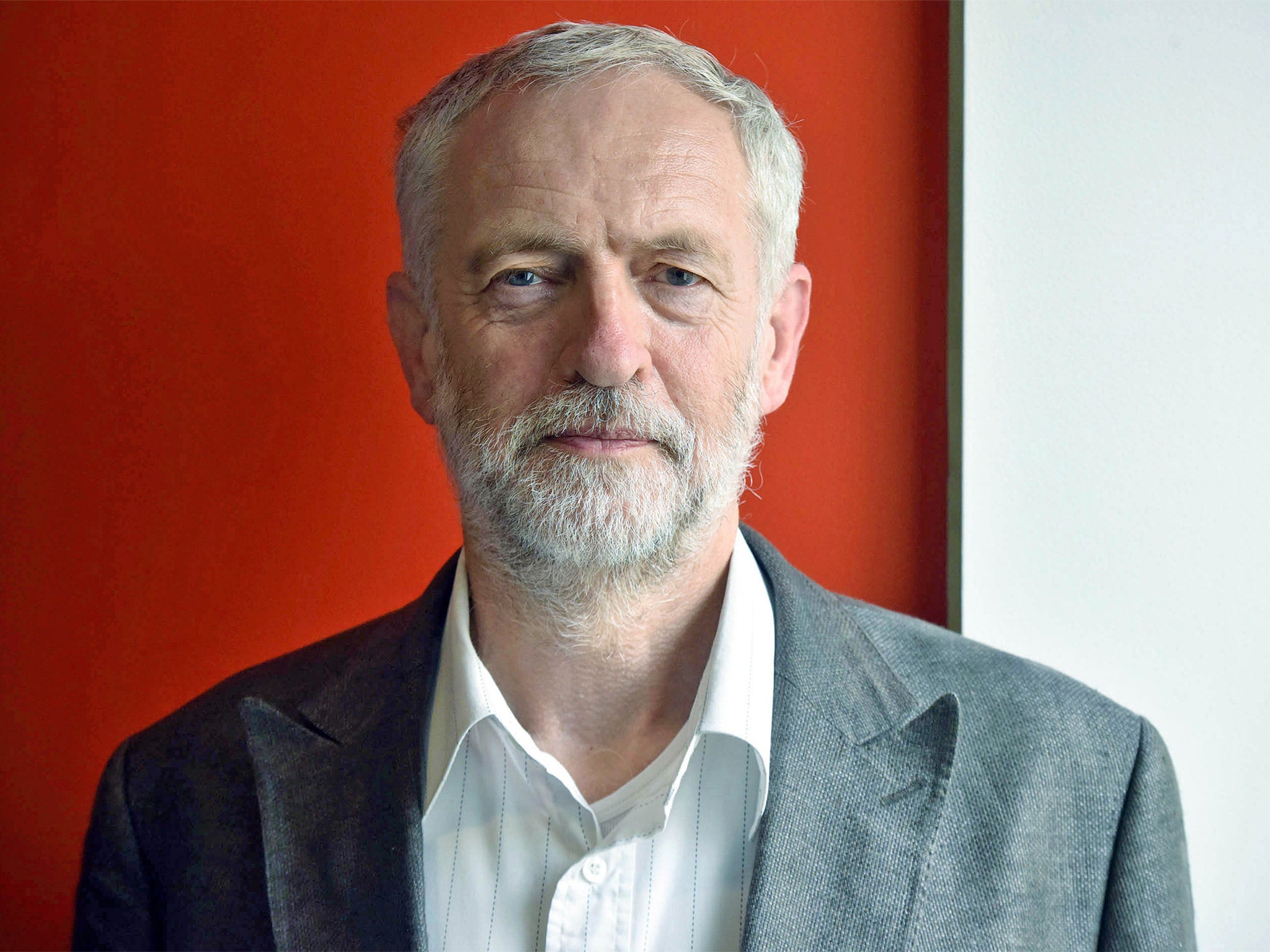The Labour party should set up a fund to help people on low incomes become MPs, the frontrunner for the party’s leadership has said.
Jeremy Corbyn said Labour’s members of parliament needed to be drawn from people who were facing the brunt of government policy so that they would understand what was at stake.
The diversity fund would help party members in the top 100 target seats from working class backgrounds with selection costs, which the Corbyn campaign says can amount to as much as £4,500.
“If the party is to win back the five million predominantly working-class voters lost since 1997, then we must reflect those we seek to represent. It is not enough to be for working people – we have to be of working people as well,” the candidate argued.
“Because if at the next election we as a party have hardly any candidates from the frontline of Tory cuts then it will be very hard to be heard by voters we need to win back.

“It is therefore only right that the party helps collectively to shoulder some of the financial burden of members on more modest incomes during the candidate selection process so that we remain the people’s party.”
The Corbyn campaign says that around 12 per cent of current Labour MPs went to private school, and that this is more than the number who come from manual working class backgrounds.
Labour faced a number of controversies during the previously parliament about complicated relationship with class.
In one episode, shadow cabinet member Emily Thornberry tweeted a picture of a white van outside a house flying England flags, a posting some people interpreted as derogatory or snobbish.
Then leader Ed Miliband appeared to compound the party’s sense of detachment after he said he felt “respect” upon seeing a white van.
Labour's former policy chief Jon Cruddas has previously accused New Labour of assuming that working class voters had "nowhere else to go" while the party's politicos targeted a wealthy "middle England".
Research published in June found that politics was not the only area people from working class backgrounds were discriminated against.
The Social Mobility and Child Poverty Commission said there was a “poshness test” for business roles that favoured people from private and grammar schools.
The other candidate for the Labour leadership election are Andy Burnham, Yvette Cooper, and Liz Kendall. Voting is currently underway by post and online and the results of the contest are expected in early September.

Join our commenting forum
Join thought-provoking conversations, follow other Independent readers and see their replies
0Comments